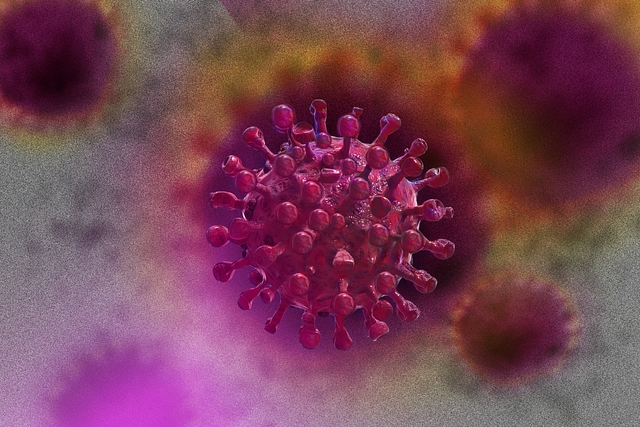
Woman With HIV Had Covid-19 Infection For 216 Days, Develops 32 Virus Mutations Inside Her
A 36-year-old woman with advanced HIV reportedly developed potentially dangerous Covid-19 mutations after carrying the novel coronavirus for 216 days, a group of South African researchers found in a study.
As per the report, the woman, who has not been named, had a weak immune system due to HIV and contracted the virus in September 2020. She accumulated over 30 mutations during this period including 13 mutations to the spike protein and 19 other genetic shifts that could change the behaviour of the virus.
The study was published as a preprint on medRxiv on Thursday and has not been peer-reviewed as of now.
Some of these mutations have been seen in variants of concern, such as:
- The E484K mutation, which is part of the Alpha variant (B.1.1.7, which was first seen in the UK).
- The N510Y mutation, which is part of the Beta variant (B.1.351, which was first seen in South Africa).
However, it was not clear whether the mutations she carried were passed on to others. The report adds that if more such cases are found, patients with advanced HIV could be a source of new variants simply because the patients could carry the virus for longer.
Tulio de Oliveira, a geneticist at the University of KwaZulu-Natal in Durban and the study's author, stated that immunosuppressed patients could carry the Covid-19 virus for a longer time than other patients. She added that the concerned woman displayed only mild symptoms of Covid-19 during her initial symptoms, even though she was still carrying the coronavirus.
Based on this, the researcher further called for increasing testing and treatment for those with undetected HIV as it “would reduce mortality from HIV, reduce transmission of HIV, and also reduce the chance of generating new Covid variants that could cause other waves of infections."